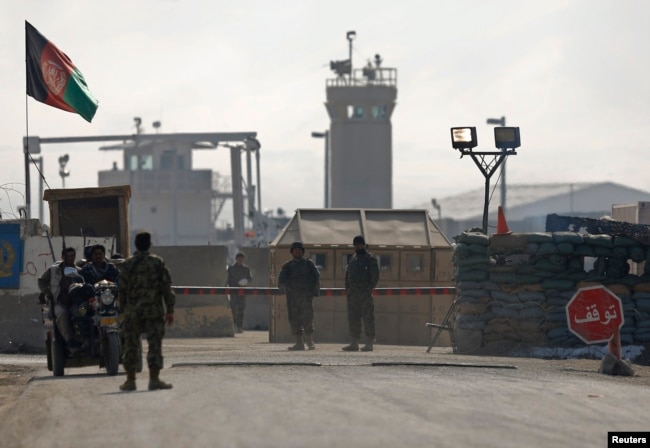A new United Nations report has documented a modest decline in torture allegations in Afghan prisons, but noted its ongoing concern at the “disturbingly” high number of conflict-related detainees still alleging serious abuses, VOA news reports.
In its biannual report on the treatment of security detainees issued Wednesday, the U.N. Assistance Mission in Afghanistan (UNAMA) has found nearly a third of conflict-related detainees interviewed provided “credible and reliable” accounts of having been subject to torture or ill-treatment.
The abuses included severe beatings, electric shocks, suffocation, pulling of genitals and suspension from ceilings.
UNAMA said its findings are based on interviews with 618 prisoners in 77 facilities across 28 of the 34 Afghan provinces between January 1, 2017 and December 31, 2018.
The report has credited the Afghan government for implementing steps under a national plan on the elimination of torture that led to a reduction in abuses during the monitoring period. But the “decline in use of torture or ill-treatment is not yet significant enough to indicate that the remedial measures taken are sufficient,” the report cautioned.
Rule of law
UNAMA chief Tadamichi Yamamoto stressed that respect for the rule of law and human rights is the best way to create conditions for sustainable peace in Afghanistan. “As our report illustrates, there is still a long way to go to eradicate this horrendous practice among conflict-related detainees,” said Yamamoto.
The report noted the most significant decreases in abuse occurred in facilities under the control of the Afghan intelligence agency, NDS. But it said there was almost no improvement in other security institutions, especially the Afghan National Police (ANP).
UNAMA reported the rate of conflict-related detainees being subjected to brutal torture and other ill-treatment in the ANP facility in southern Kandahar province was a “very disturbing 77 percent. Allegations of enforced disappearances in Kandahar also persisted during the reporting period, it added. The southern Afghan region and adjoining provinces are where Taliban insurgents are in control of large territory.
Overall picture remains grim
While commenting on the UNAMA report, the New York-based Human Rights Watch appreciated the Afghan government for aligning its legislation on torture with international standards and ratifying related treaties. But the watchdog lamented the overall picture remains grim, citing Kabul’s “abysmal” record on accountability.
“In the very few cases of torture that have been investigated, the perpetrators have faced at most only minor disciplinary sanctions. Nor have the victims received compensation as required by law. So long as torturers face no real consequences, serious abuse will continue,” observed the New York-based watchdog.
UNAMA’s latest findings give credence to repeated Taliban allegations insurgent prisoners in Afghan jails are being subjected to “brutal and abusive” treatment.
The Taliban, late last summer, had briefly withdrawn its security assurances for staff of the International Committee of the Red Cross, accusing the relief agency of not taking steps to deter authorities from inflicting abuses on insurgent prisoners. The Taliban last week again banned ICRC from working in insurgent-controlled Afghan districts, alleging the international aid group was not living up to its pledges. The insurgent group did not elaborate.
ICRC officials say they are seeking to engage bilaterally with the Taliban to resolve the issue. “We would like to reiterate that we remain committed to the people and communities of Afghanistan who are our first and foremost concern,” the agency said in a statement sent to VOA.

